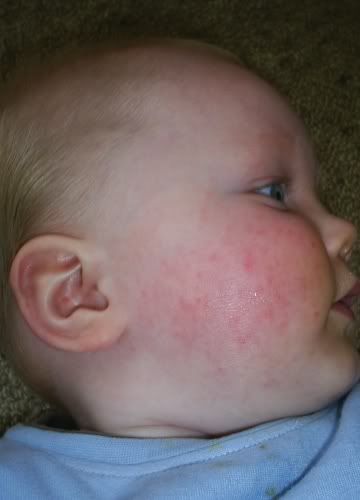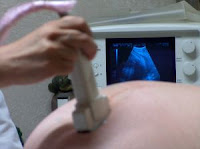 If you are pregnant and own a cat, remember to have someone else change the cat litter. Cats are carriers of the parasite that causes toxoplasmosis, an infection caused by parasites transmitted to humans from infected cats.
If you are pregnant and own a cat, remember to have someone else change the cat litter. Cats are carriers of the parasite that causes toxoplasmosis, an infection caused by parasites transmitted to humans from infected cats. The parasite lives inside the cat's intestines and is passed into the feces, so changing your cat's litter box puts you at risk. One of the possible effects of toxoplasmosis is miscarriage.
Read more: http://www.examiner.com/x-14154-Raleigh-Infertility--Miscarriage-Examiner~y2009m7d27-Miscarriage-and-toxoplasmosis
Stories of Pregnancy & Birth over 44y
- Daily blog of hope & inspiration!
http://pregnancyover44y.blogspot.com/
5,500 Stories of Pregnancy & Birth over 44y
Daily blog of hope & inspiration!
http://pregnancyover44y.blogspot.com/
You Can Get Pregnant in Your 40's
Sharing articles, discussing options & suggestions
http://youcangetpregnant.blogspot.com/
Recent Keyword Searches: why are you more fertile after miscarriage, false unicorn root improving occytes, early miscarriage stories, share walk of remembrance, miscarriage grief

![Reblog this post [with Zemanta]](http://img.zemanta.com/reblog_e.png?x-id=aaf0bfbe-ec72-4cbc-872d-9a2b20d0a286)





 A HEARTBROKEN mum who lost her baby to a common virus is calling for greater awareness of the disease.
A HEARTBROKEN mum who lost her baby to a common virus is calling for greater awareness of the disease.





